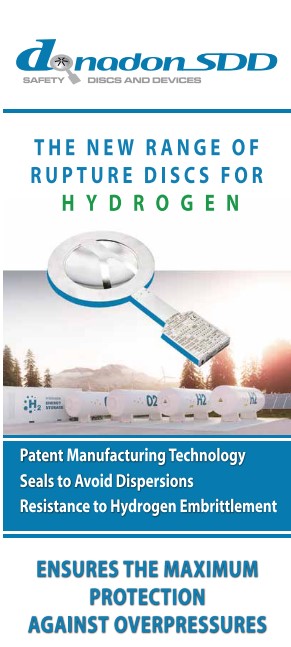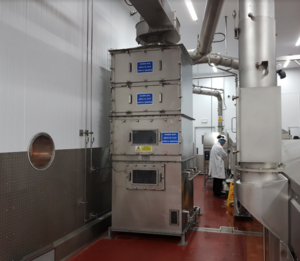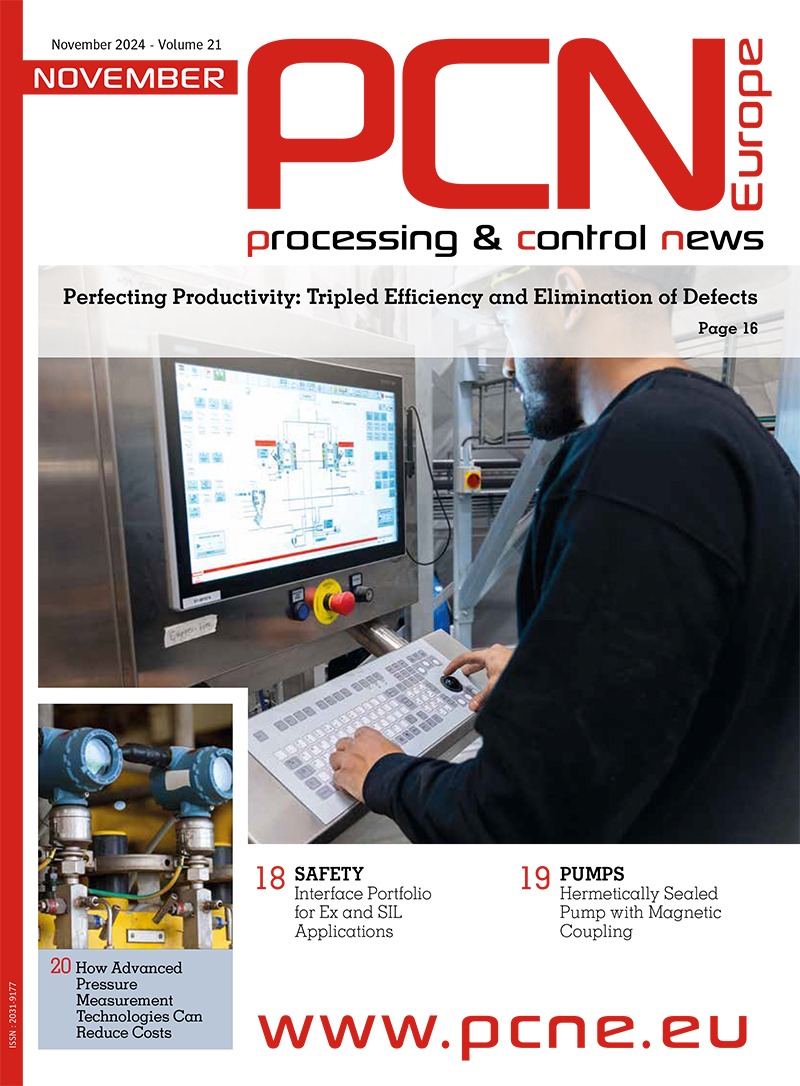Bio-resources such as straw, bark, forest residues and even sunflower husks might hold the key to a more environmentally-friendly European process industry, having the potential to replace fossil-based resources in many product groups, especially in the construction industry.
Bio4Products will demonstrate how these four bio-resources can be exploited, creating renewable and natural alternatives to fossil-based processing streams such as bitumen, phenols and creosote. The objective is to deliver four end products for which at least 30% of the original fossil material is substituted with sustainable resources, and which can demonstrate a 75% reduction in greenhouse gas emissions.
A state-of-the-art technique called fast pyrolysis will be employed which transforms biomass into a flexible bio-oil in a matter of seconds. This oil will then be separated into fractions which can be used for the production of roofing material, resins (phenolic and sand moulding), and engineered wood and natural fibre reinforced products. As well as an environmental impact assessment, the project will conduct economic and market analyses to develop a strong business case for its products.
Bio4Products will see a unique blend of organisations and expertise working together, led by BTG Biomass Technology Group from the Netherlands. Industrial partners from Belgium and Germany will demonstrate the viability of the new value chains, with support from expert partners in the United Kingdom and Belgium. The project, which began in September and will run for four years, is funded by the Sustainable Process Industry through Resource and Energy Efficiency (SPIRE) programme, a contractual public-private partnership under the EU framework programme Horizon 2020.

























































